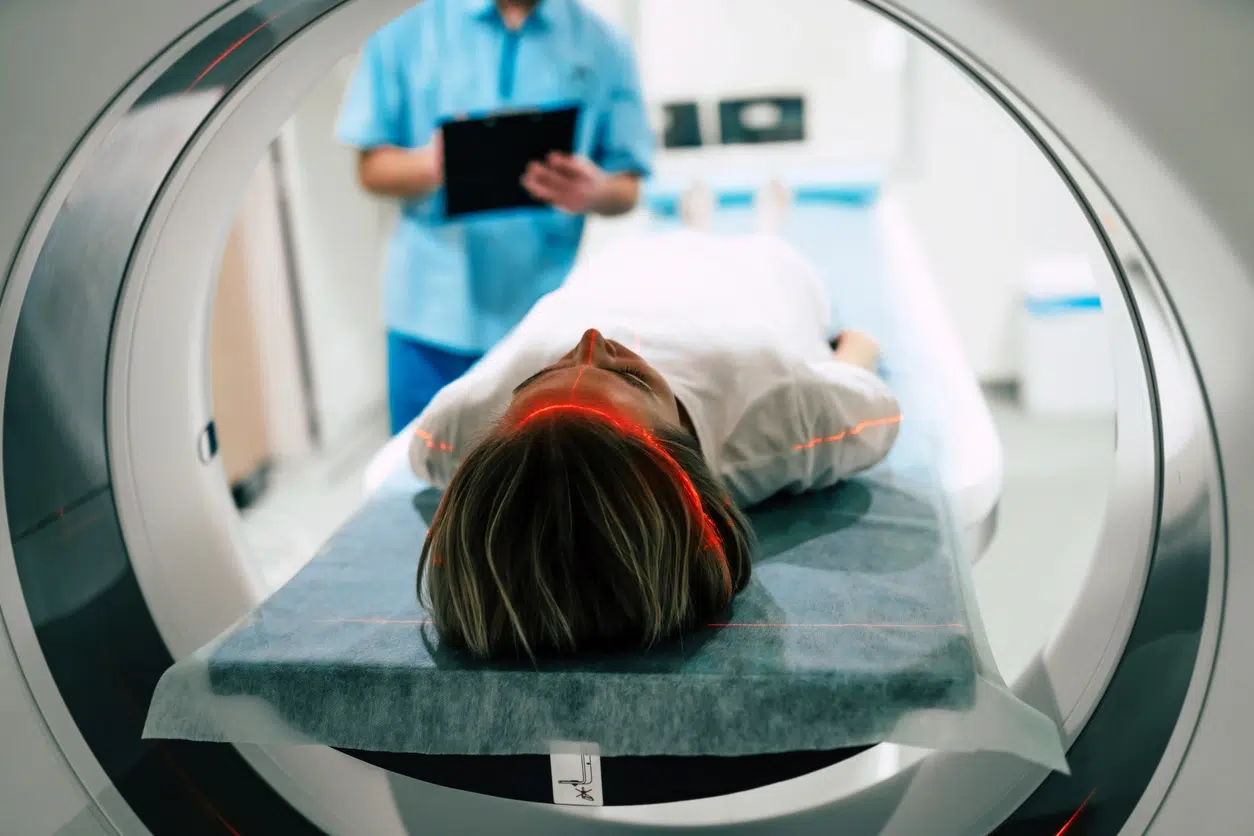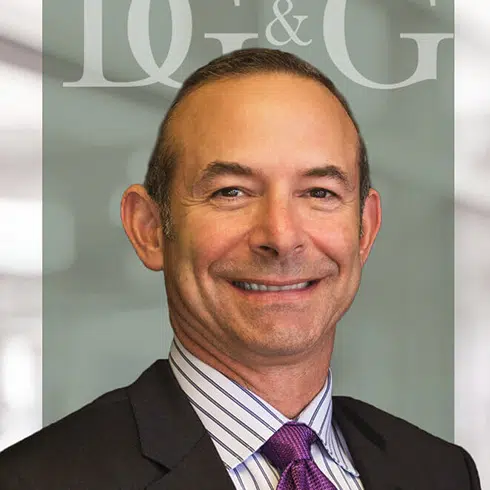As leading personal injury lawyers in California, we’ve helped countless clients pursue justice and secure compensation after a devastating accident. If you’re struggling to recover financially, we may be able to help. Schedule a free consultation to explore your legal options.
Some injuries have a clear path to recovery. If you suffer a minor burn on a stovetop, you know that your skin will heal, and as it does, the pain will slowly lessen until it dissipates altogether. Unfortunately, not all injuries heal quickly or even fully — especially when they impact the brain.
One example of this can be seen in accident victims who suffer concussions. Although some people fully recover after a few weeks or months after sustaining a concussion, others continue to experience a constellation of concussion-related symptoms. This complex disorder is called post-concussion syndrome.
If you believe you’re suffering from PCS, you may be able to pursue compensation through a personal injury lawsuit. Not sure where to start? Don’t worry — Delfino, Green & Green is here to help. This article will explain everything you need to know about post-concussion syndrome, including symptoms, how to treat PCS, grades of concussions, and more.
If you suffered injuries and damages in an accident you didn’t cause, you shouldn’t be footing the bill for your recovery — period. And when you partner with an experienced accident and injury lawyer, you don’t have to. Call our law offices at (415) 442-4646 to learn more.
What Is Post Concussive Syndrome (PCS)?
Post-concussion syndrome (PCS), which is sometimes called post concussive syndrome, is a complex disorder that encompasses a variety of symptoms lasting for weeks, months, and sometimes longer. Whereas a concussion (which is a mild traumatic brain injury) might cause immediate symptoms like confusion, dizziness, and temporary loss of consciousness, the symptoms of PCS are typically more varied and long-lasting.
What causes PCS is not currently well understood. Not everyone who suffers a head injury or concussion will develop this syndrome, but experts think that a few risk factors — including concussion severity, an individual’s age, and overall health — may increase the likelihood of developing PCS. The most important thing to understand is that PCS can be debilitating, and its symptoms can have a significant impact on an individual’s quality of life.
The Symptoms of PCS
PCS can present with a wide variety of symptoms that persist for an extended period after the initial injury and head trauma occurs. Post-concussion symptoms can fall into three main categories: cognitive, physical, and emotional/behavioral. Here are a few examples of each:
- Cognitive symptoms. Cognitive symptoms may include difficulty concentrating, memory loss, slower cognitive processing, difficulty processing information, and similar cognitive deficits.
- Physical symptoms. Physical symptoms of PCS may include headaches, dizziness, vertigo, fatigue, sleep disturbances, sensitivity to light and noise, and balance problems.
- Emotional/behavioral symptoms. These symptoms include irritability, anxiety, depression, personality changes, and similar types of dysfunction.
When these symptoms persist for weeks and months after the original concussion occurs, they can have a tremendously negative impact on an individual’s quality of life. They can impede their ability to work, socialize, and even perform daily tasks, which is why individuals with PCS must seek medical attention from health care providers and request referrals for neuropsychological testing.
The Grades of a Concussion and Their Related Symptoms
PCS is caused by a concussion, which is a type of mild TBI. Depending on the severity of the injury and the symptoms exhibited, concussions are classified by a grading system, typically the same one used by the American Academy of Neurology (AAN). This system assigns concussions to one of the following three categories:
- Grade 1: mild concussion. Symptoms of a mild concussion include dizziness, confusion, and headaches, but not a loss of consciousness. They typically last less than 15 minutes. Mild concussions may also cause temporary confusion, a dazed or foggy feeling, balance problems, light sensitivity, and similar impairments.
- Grade 2: moderate concussion. The symptoms of a moderate concussion are similar to those caused by a mild concussion but more severe and lasting more than 15 minutes. Related symptoms may include prolonged confusion, persistent headaches, amnesia, dizziness, difficulty concentrating, and nausea.
- Grade 3: severe concussion. A severe concussion is characterized by a loss of consciousness, either briefly or for a prolonged period. Related symptoms include a severe headache, prolonged amnesia, nausea, vomiting, motor coordination problems, mood changes, confusion, and, in some cases, convulsions or seizures, pupil dilation, and difficulty recognizing people or places.
Any concussion, regardless of grade, can lead to PCS, as well as to abnormalities in brain function. It’s crucial for anyone who has suffered a concussion to seek immediate medical care from a healthcare professional.
Treating Post-Concussive Syndrome
When it comes to PCS, there is no one-size-fits-all treatment plan or cure. Treatment plans must be tailored to an individual’s specific symptoms and needs. However, there are a few commonly used strategies, including the following:
- Medical treatment. A medical professional may prescribe medications, such as pain relievers, antidepressants or anti-anxiety medications, and sleep aids, as well as physical therapy.
- Cognitive and psychological treatment. Treating PCS symptoms may require a combination of mental health treatments, including cognitive behavioral therapy (CBT), neuropsychological rehabilitation, and counseling or psychotherapy.
- Lifestyle modifications. Individuals suffering from PCS may benefit from lifestyle modifications such as adequate rest, a gradual return to physical activity, healthy lifestyle and diet choices, and better sleep hygiene.
- Environmental and social support. People with PCS typically benefit from additional environmental and social support, including work and school accommodations and support groups.
- Follow-up monitoring. Individuals with PCS need regular medical follow-ups to assess progress and adjust treatment plans as needed, as well as a coordinated approach between primary care physicians and specialists.
Although these specific treatment options can go a long way in treating the common symptoms of post concussion syndrome, they don’t do anything to address the economic losses suffered by individuals with PCS. Fortunately, an experienced personal injury attorney can assess your situation and help you navigate your legal options for compensation.
Delfino, Green & Green: Trusted Post Concussion Syndrome Attorneys in California
If you developed PCS after being involved in an accident caused by someone else, you may be entitled to compensation for a range of economic and non-economic losses. The best way to explore your options is by contacting a trusted personal injury law firm like Delfino, Green & Green. Ready to get started? Schedule a free case evaluation today.



